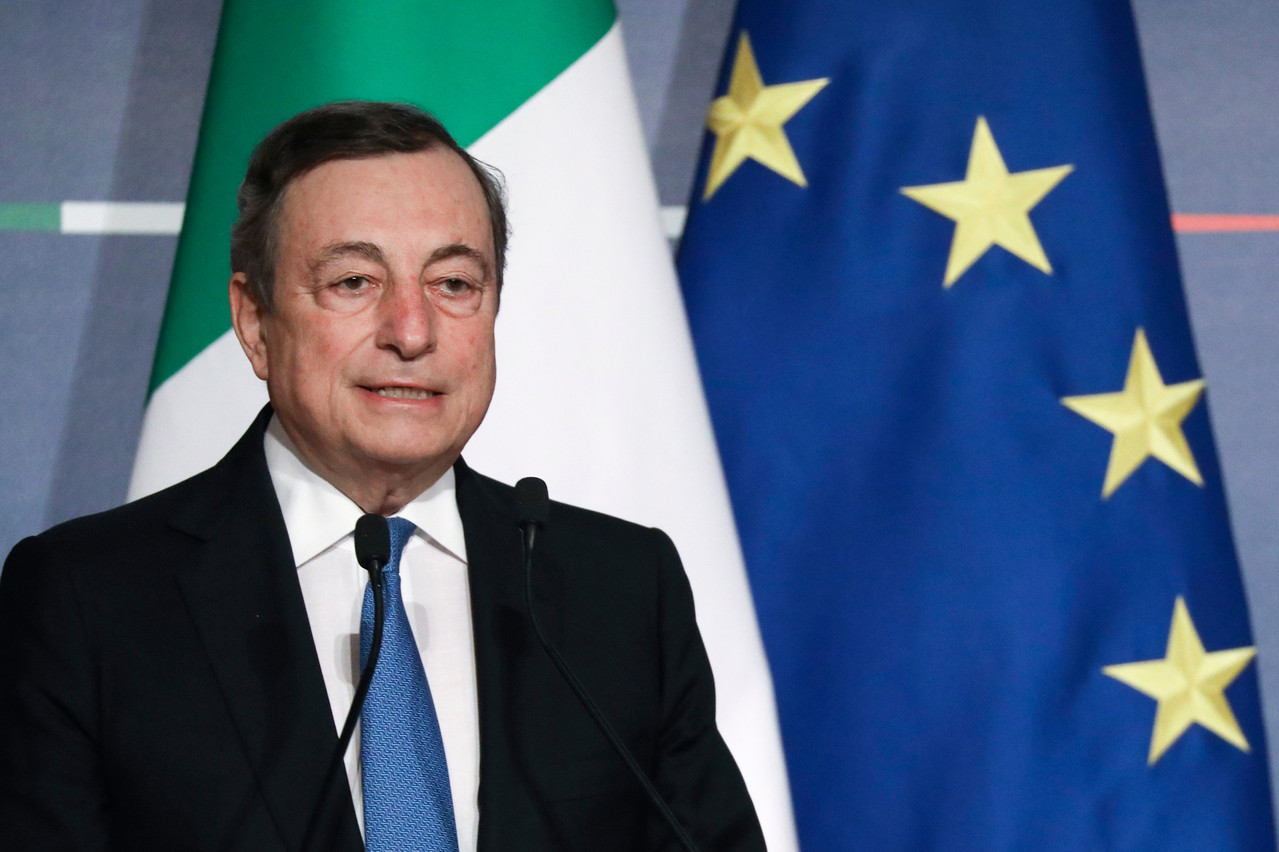Draghi had attempted to resign after the Five Star movement, a populist party, refused to vote on a relief bill for energy prices. The prime minister had stated he could not continue to lead a government that lacked national unity. Though he would have had a majority vote without the Five Star movement, Draghi insisted that--being a part of his coalition--the Five Star Movement had to be part of decisions too.
In the face of the EU’s energy crisis, Draghi’s resignation would not only impact the country but the European Union’s stability as well. A vacant prime minister seat could now open the door to other political figures more sympathetic to Russian president Vladimir Putin, reports the New York Times. This would then impact the EU’s unity in a time of crisis.
President Mattarella had appointed the former head of the European Central Bank in February 2021 to lead Italy out of the post-pandemic crisis.
Following the vote on Thursday 14 July, Draghi stated that “today's votes in Parliament are very significant from a political point of view. The national unity majority that supported this government since its creation no longer exists," reports the BBC.
Draghi handing in his resignation comes amid a severe drought and energy crisis while elections were scheduled to take place early in 2023.
Mattarella so far has refused Draghi’s resignation, and asked him to wait until he will address parliament in a few days to explain his reasoning. This decision by Mattarella essentially freezes the political situation of the country for the days to come, explains the New York Times.
